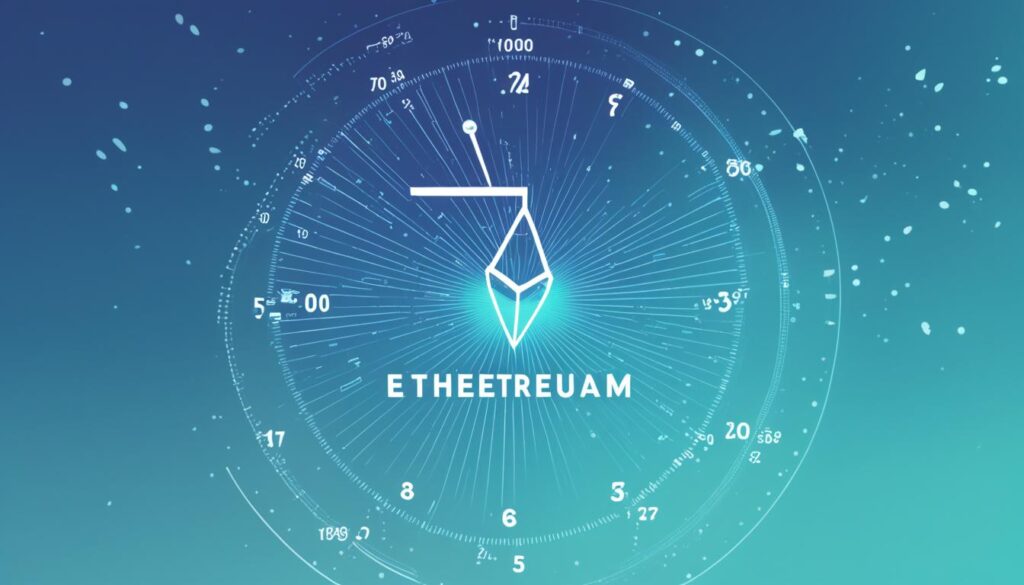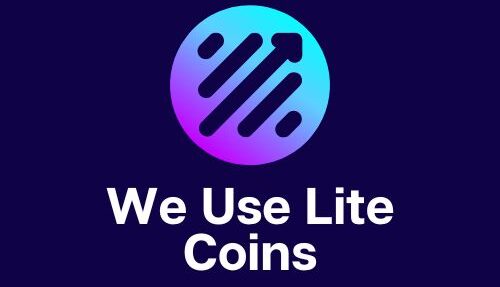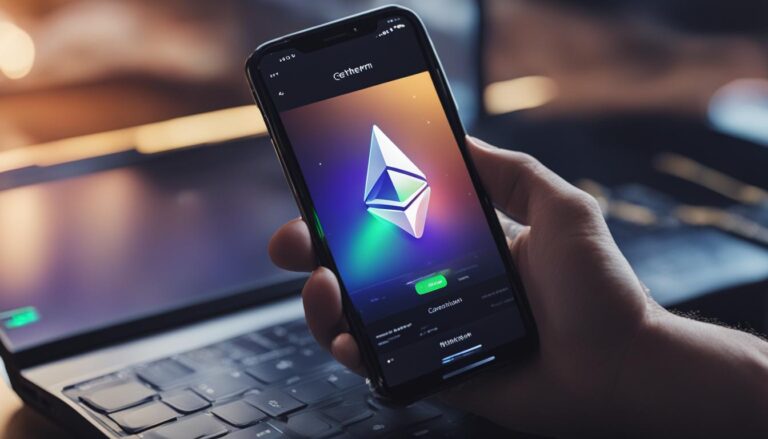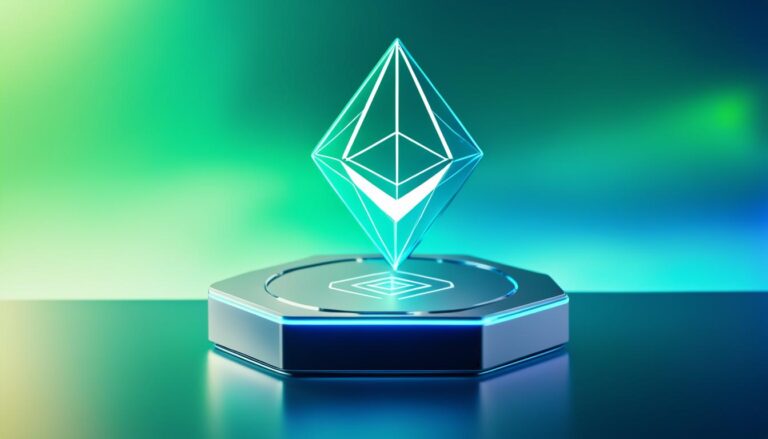Ethereum Transaction Time: How Long Does It Take?
Have you ever wondered how long an Ethereum transaction takes? Whether you’re a seasoned Ethereum user or just getting started, understanding the transaction time is crucial for planning your transfers. So, how long does an Ethereum transaction really take?
In this article, we’ll dive into the average time it takes for an Ethereum transaction to be confirmed. We’ll explore the factors that can influence transaction times, including network congestion, gas prices, and the type of wallet being used. By the end, you’ll have a clear understanding of what to expect when sending Ethereum and how to optimize your transaction time.
Ready to uncover the secrets behind Ethereum transaction time? Let’s get started!
Factors Affecting Ethereum Transaction Time
The time it takes for an Ethereum transaction to be confirmed depends on several factors. Understanding these factors can help you manage your expectations when it comes to transaction speed. Let’s explore the key factors.
Gas Price
Gas price is the fee you are willing to pay for an Ethereum transaction. Transactions with higher gas prices are typically confirmed faster. This is because miners prioritize transactions with higher fees. If you’re looking for a faster confirmation time, consider setting a higher gas price for your transaction.
Network Congestion
The Ethereum network can sometimes experience congestion when there are more transactions being submitted than the network can handle efficiently. During these periods of high demand, transaction times may be slower. This is because miners have a limited capacity to include transactions in a block. So, when the network is congested, it may take longer for your transaction to be confirmed.
Wallet Type
The type of wallet you use can also impact transaction times. Hot wallets, which are online wallets, tend to have faster transaction speeds compared to cold wallets, which are offline wallets. Hot wallets have a direct connection to the Ethereum network, allowing for quicker transaction confirmations. Cold wallets, on the other hand, require additional security measures, resulting in slightly longer transfer times.
Understanding these factors will give you a better idea of why Ethereum transaction times can vary. By considering gas price, network congestion, and wallet type, you can optimize your transactions for speed and efficiency.
Gas Price and Ethereum Transaction Time
The gas price chosen by the user when submitting an Ethereum transaction can affect the transaction time. Transactions with higher gas prices are prioritized by miners and are more likely to be included in the next block. If you choose a lower gas price, your transaction may take longer to be confirmed and included in a block. Gas prices can fluctuate based on the demand for transactions and the congestion of the network.
When you submit an Ethereum transaction, you have the option to set the gas price. The gas price represents the fee you’re willing to pay for miners to validate and include your transaction in a block. Miners prioritize transactions with higher gas prices because it incentivizes them to process the transaction faster.
It’s important to note that gas prices are dynamic and can change based on the current network conditions. During times of high network congestion, gas prices may increase as users compete for limited block space. As a result, setting a higher gas price can expedite transaction confirmation and reduce overall processing time.
On the other hand, if you choose a lower gas price, your transaction may experience delays as miners prioritize transactions with higher fees. While this can help save on transaction costs, it’s important to consider the potential delay in transaction processing time.
To optimize your Ethereum transaction time, it’s recommended to stay informed about the current gas price trends. Online gas price trackers and Ethereum network monitoring tools can provide real-time insights into gas prices and network congestion levels.
By monitoring gas prices and adjusting your transaction’s gas price accordingly, you can optimize your transaction time and minimize any potential delays.
Gas Price Recommendations:
While gas price recommendations may vary, here are some general guidelines to consider:
- During periods of high network congestion, setting a gas price higher than the average can increase the chances of faster transaction confirmation.
- Consider using gas price trackers and Ethereum network monitoring tools to stay updated on the current gas price trends.
- For non-urgent transactions, you may choose to set a lower gas price to save on transaction costs, understanding that it may result in longer transaction processing times.
| Gas Price | Transaction Time |
|---|---|
| High | Shorter |
| Low | Longer |

Network Congestion and Ethereum Transaction Time
Network congestion can significantly impact the time it takes for an Ethereum transaction to be confirmed. When there is a high volume of transactions being submitted to the Ethereum network, known as network congestion, the network’s processing efficiency can be affected. As a result, transaction times may be longer, causing delays in the confirmation process.
During times of network congestion, miners, who are responsible for processing and validating transactions, prioritize transactions with higher gas prices. Gas prices are the fees users pay to execute their transactions on the Ethereum network. The higher the gas price, the more attractive the transaction is to miners, as they can earn more rewards by including these transactions in the next block.
As a consequence of network congestion and the prioritization of high gas price transactions, transactions with lower gas prices may experience delays. When multiple transactions are competing for space in a limited number of blocks, it can take longer for the transaction to be confirmed and added to the blockchain.
Effects of Network Congestion on Ethereum Transaction Time:
- Increased transaction delay
- Potential for longer confirmation times
- Prioritization of transactions with higher gas prices
- Extended time for transactions to be added to the blockchain
It’s important to note that network congestion is a dynamic condition, and it can vary based on different factors such as the overall demand for transactions and the efficiency of the Ethereum network at a given time. However, during periods of high activity and congestion, users may experience delays in Ethereum transaction confirmations.

Network congestion can lead to delays in Ethereum transaction confirmations.
Wallet to Wallet Transfer Time
The time it takes for a wallet-to-wallet Ethereum transfer can vary depending on the type of wallet being used. If the coins are already online in a hot wallet, the transfer can be relatively fast, taking anywhere between 16 seconds to 5 minutes. However, if the coins are stored in a cold wallet (offline wallet), additional security measures may be required, resulting in slightly longer transfer times.
When you initiate a wallet-to-wallet transfer from a hot wallet, the transaction is sent directly to the Ethereum network for confirmation. As the network processes the transaction, miners verify and confirm the transfer, adding it to the Ethereum blockchain.
Here is a breakdown of the average time it takes for a wallet-to-wallet Ethereum transfer:
| Wallet Type | Transfer Time |
|---|---|
| Hot Wallet | 16 seconds to 5 minutes |
| Cold Wallet | Slightly longer than hot wallet transfers |
It’s important to note that these times are average estimates and may vary depending on network congestion and the gas price chosen for the transaction. Network congestion and a lower gas price can potentially result in longer transfer times for both hot and cold wallets.

Wallet to Exchange Transfer Time
When transferring Ethereum from your wallet to an exchange, you may experience longer transaction times compared to wallet-to-wallet transfers. This is because exchanges usually require more confirmations before the transaction is considered complete. These additional confirmations provide an extra layer of security and help protect against double spending.
The exact transfer time for Ethereum to an exchange will depend on the specific exchange platform you are using and the number of confirmations required. Different exchanges have different policies regarding the number of confirmations needed for a transaction to be considered final. Some exchanges may require a higher number of confirmations, resulting in longer transfer times.
It’s important to note that while the added confirmations may increase the transfer time, they play a vital role in ensuring the integrity and security of your transaction when interacting with centralized exchanges.
Why do exchanges require more confirmations?
Exchanges often deal with a high volume of transactions every day. To protect themselves and their customers against potential risks, they implement stricter security measures, including requiring more confirmations. By doing so, exchanges reduce the chances of double spending, where a malicious actor attempts to spend the same Ethereum twice.
By waiting for additional confirmations, exchanges can have greater confidence that the transaction is valid and irreversible. While this adds some time to the overall transfer process, it ultimately helps maintain the integrity and security of the exchange platform.
Therefore, it’s essential to consider the specific requirements of your chosen exchange when planning your Ethereum transfer and factor in the additional time needed for confirmations.
Keep in mind that the transfer time from your wallet to an exchange may vary depending on other factors as well, such as network congestion and gas price. It’s always a good practice to monitor the current network conditions and choose an appropriate gas price to optimize your transfer experience.
Ethereum Transfer Fees
When making a transfer on the Ethereum network, you need to be aware of the fees involved. These fees, also known as gas fees, are paid in ETH and play a crucial role in maintaining the security and efficiency of the Ethereum network.
Gas fees serve as a deterrent to spam transactions and help prioritize legitimate transactions. By attaching a fee to each transaction, users are incentivized to use the network responsibly.
The amount of gas fee required for a transaction can vary based on a few factors, including network congestion and the gas price chosen by the user. When the Ethereum network experiences high congestion, the demand for transactions increases, leading to higher gas fees as users compete to have their transactions processed quickly.
Gas fees are calculated based on the computational resources required to execute a transaction. This includes the complexity of the smart contract being executed and the amount of data being stored on the blockchain. The more computational resources a transaction requires, the higher the gas fee.
It’s important to consider gas fees when planning an Ethereum transfer, especially if you’re making frequent or large transactions. Being aware of the current gas prices and network congestion can help you choose the optimal time to initiate your transfer.
While gas fees can add to the cost of using the Ethereum network, they are essential for ensuring the integrity and security of the network. By paying gas fees, you contribute to the decentralized ecosystem and help maintain the overall efficiency of the Ethereum blockchain.
Gas Fee Examples
To give you a better understanding of gas fees, here are some examples of common Ethereum transactions and their associated fees:
| Transaction Type | Average Gas Fee |
|---|---|
| Simple ETH Transfer | 21,000 gas |
| ERC-20 Token Transfer | ~60,000 gas |
| Smart Contract Interaction | Varies based on contract complexity |
Keep in mind that these examples are just averages and can change depending on the current network conditions. Gas fees are typically measured in gwei, a unit of ETH.

Conclusion
In conclusion, the time it takes for an Ethereum transaction to be confirmed can vary based on several factors. On average, Ethereum transactions can range from 13 seconds to 5 minutes. Factors such as network congestion, gas price, and the type of wallet being used can influence transaction times. By understanding these factors, you can better manage your expectations and choose the optimal time for making an Ethereum transfer.
Network congestion plays a significant role in transaction times. During periods of high congestion, transactions may take longer to be confirmed as miners prioritize transactions with higher gas prices. It’s important to consider the gas price you’re willing to pay as it affects the transaction’s priority. Additionally, the type of wallet being used can impact transaction times. Hot wallets provide faster transfers compared to cold wallets, which require additional security measures.
Looking ahead, the upcoming Ethereum 2.0 upgrade is anticipated to improve transaction speeds. With the transition from a Proof-of-Work (PoW) consensus mechanism to a Proof-of-Stake (PoS) mechanism, the network’s speed capability is expected to increase. This upgrade will further enhance the overall efficiency and scalability of the Ethereum network.







